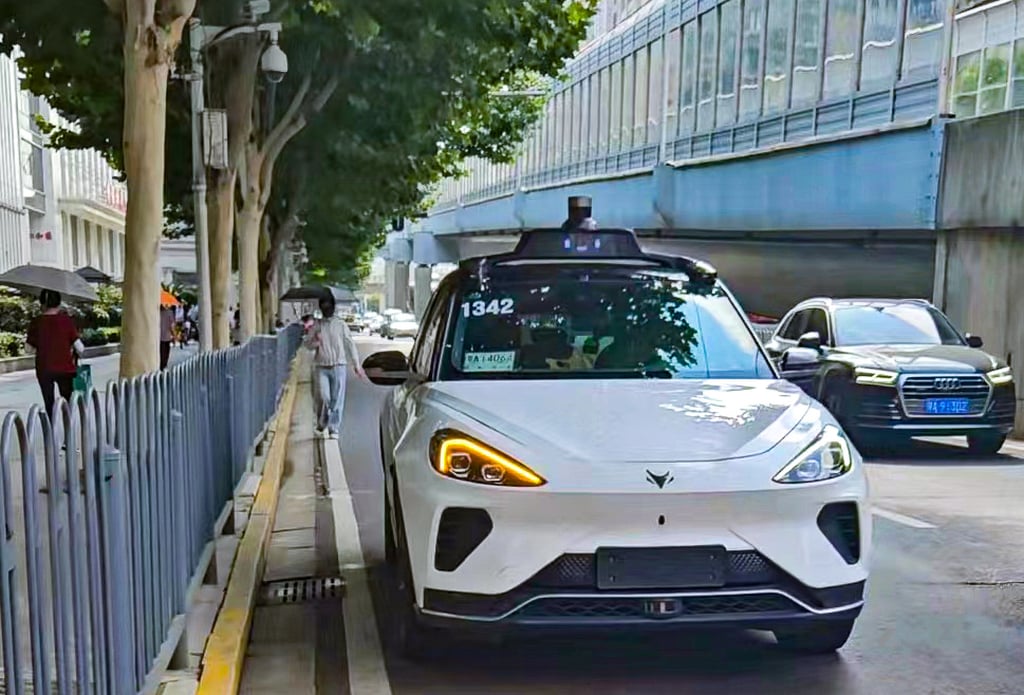In Wuhan, driverless taxis offer a peek into the future of intracity transport in China
- The largest robotaxi fleet in Wuhan is owned by Baidu, China’s search engine giant that has invested heavily in autonomous vehicles in recent years

The city of Wuhan, on the banks of China’s Yangtze River, gained global notoriety in December 2019 as the epicentre of the coronavirus outbreak. Now the capital of central Hubei province is attracting attention for another reason: its aggressive roll-out of a robotaxi fleet that has local taxi drivers worried about job losses.
While cities such as Beijing and Shenzhen have moved cautiously when it comes to driverless cars for safety reasons, few have gone as far as Wuhan, a city of 13.7 million, that has allowed a fleet of nearly 500 driverless taxis to operate on 35 per cent of the road network. Wuhan is in a race with cities like San Francisco, where Alphabet-owned Waymo recently opened its service to all residents, to become a pioneer of the technology.
While the fleet size in Wuhan is still tiny compared to the city’s 18,000 licensed taxis, let alone the tens of thousands of Uber-style service cars, the robotaxis have become the subject of nationwide attention, offering a glimpse into how autonomous urban transport could disrupt the existing traffic environment and put people out of work.

A Wuhan taxi driver surnamed Liu told the Post that robotaxis were “dumb” compared with human drivers, as they increase traffic congestion. “I saw [one robotaxi] stop moving when doing a U-turn, as it needed to reverse, but a line of cars was close behind it,” Liu said. “[Human drivers] have the ability to predict the movement of objects moving on the road,” he said.
Operating under the brand name Apollo Go, the largest Wuhan fleet is owned by Chinese search engine giant Baidu, which has invested heavily in autonomous vehicles in recent years. Other companies like Dongfeng Motor Corp and DeepBlue Technology have also been testing their autonomous taxis and shuttles in the city.
College student Andy Zhou tried an Apollo Go ride twice in two days, noting that young people in the city were keen to try the service. “When I was on board, I got a lot of attention from surrounding drivers. Some even took photos,” he said.
Zhou said he felt safe in the robotaxi, which can reach speeds of up to 60km per hour in the downtown area. The only difference was that driverless cars hit the brakes more often than human drivers would, particularly when traffic lights changed or other drivers cut into the lane. In one instance of sudden braking, Zhou said he spilled an open bottle of Coca-Cola.